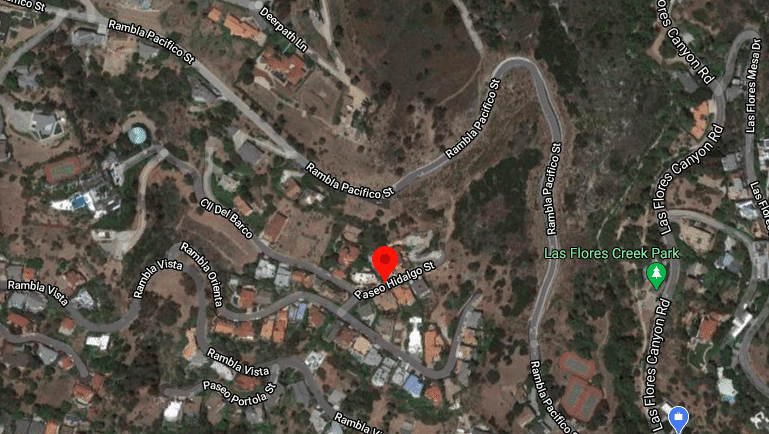You wake up in the dark to the sound of shouting, laughter and loud music. Look at the time: it’s 3 a.m. The short-term rental (STR) next door is hosting a loud party and, no matter how much you toss and turn, you just can’t fall back asleep. What do you do?
Beginning with the implementation of the city’s new STR enforcement ordinance on Jan. 15, you will have some options.
According to a recent presentation by City of Malibu Acting Planning Director Richard Mollica, speaking at the Monday, Dec. 7, Malibu Planning Commission meeting, you should start by making a couple of phone calls. First, call the local sheriff’s station and report the nuisance.
“The city is … partnering with the sheriff’s department as well on this, so that if there are parties or something happening at the house outside what this is supposed to be—which is a rental, not a party house—we are encouraging the public to contact the sheriff so there is a report of it,” Mollica said. The station can be reached at 818.878.1808.
Beginning in January, there will also be a second number to call—a 24-hour complaint hotline. That phone number had not yet been revealed, but it is designed to lodge complaints for the city to notify the rental’s contact person (who, with the new ordinance, must be on call 24 hours a day that the rental is being occupied).
You should also capture evidence if you can—photographs, video and audio—which can be submitted online to the city’s code enforcement officers.
There is also a slate of fines for offending properties, which Mollica outlined.
For registered rentals, the fine is $500 per day per violation or the advertised daily rate of the rental unit—whichever number is higher. Once a registered rental receives three complaints, it loses its license for a year, but a rental need only receive two noise complaints for it to lose its license for a year. For unregistered rentals, that fine doubles to $1,000 per day or twice the advertised daily rate. That is because all STRs in the city must be registered—and the city is contracting with a company that will comb the internet searching for unregistered listings to report them.
Commissioner Steve Uhring questioned how effective the system could be without evidence in the form of audio or video recordings.
“If that person [the witness to the code violation] does not take a video or audio or something to document what happened, how comfortable are we that the person coming back from the city is going to actually understand what took place and issue the appropriate citation?” Uhring asked.
“We need some sort of evidence that something happened there,” Mollica replied.
Planning Commission Chair John Mazza pointed out that, even if a neighbor reports it to both numbers and lodges a complaint with audio and video, there was no way for them to know if there was action from the sheriff’s or city, to which Mollica suggested they may call code enforcement to follow up.
As for rentals during the current lockdown due to the novel coronavirus, Uhring asked what, if anything, was being done to prevent rentals while hotels are shuttered to leisure visitors.
“How are you going to enforce the COVID shutdown rule in these short-term rentals?” Uhring asked Mollica.
“At this point it would be our code enforcement staff,” Mollica answered, to which Uhring asked what exactly that would entail.
“At this time, I don’t have an answer for you,” Mollica said. “This thing goes into effect in January and we’re still … working out all the bugs.”
More information on the STR ordinances can be found by clicking here.

